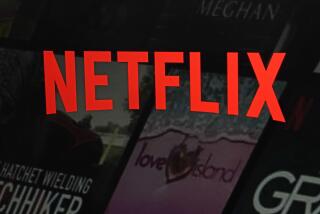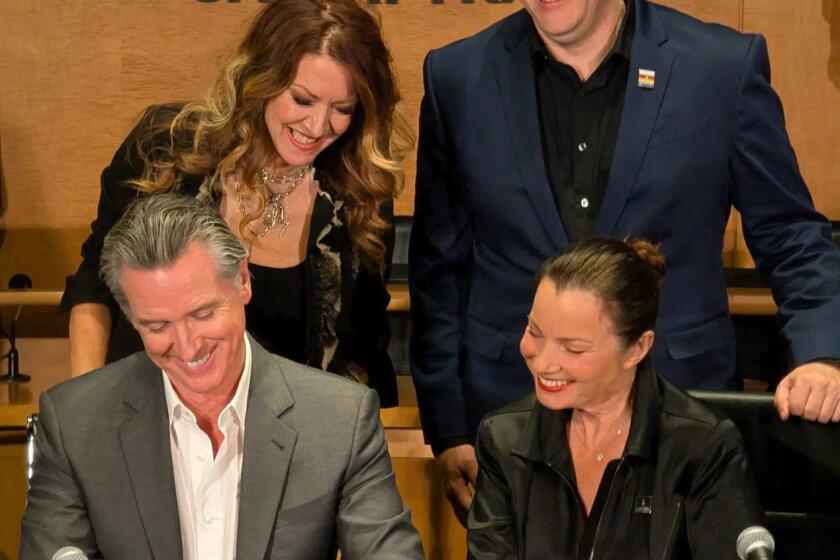Nielsen will monitor Facebook to measure buzz about TV programs
Anyone who’s logged onto social media during a presidential debate, big football game or TV premier knows the flurry of posts can be just as captivating as the event on screen.
With that in mind, Nielsen said Wednesday it would begin measuring Facebook posts to determine how much buzz a television show is receiving.
The ratings research firm already monitors Twitter for the same reason and plans to include Instagram later this year.
See more of our top stories on Facebook >>
The moves highlight the changing nature of TV consumption with mobile devices and the new ways in which it can provide insights for advertisers.
Founded in 1923, Nielsen is best known for recruiting families to report their TV consumption to determine ratings.
The rise of streaming services has complicated that endeavor with companies such as Netflix unwilling to fully share the extent of their audience.
With the so-called Social Content Ratings, Nielsen hopes to provide a wider perspective of a TV show’s reach.
“The development of Social Content Ratings reflects Nielsen’s commitment to continually adapt our services to meet the needs of the industry and is part of Nielsen’s ongoing effort to evolve our measurement to reflect the total audience across screens and platforms,” said Sean Casey, president of Nielsen Social, in a statement. “Nielsen Social measurement is evolving to provide a comprehensive, standardized picture of how consumers are responding to program content through social media, wherever and whenever.”
The new metrics will, by no means, replace TV ratings, but they can help brands discover which shows audiences are talking about before committing to advertising.
“It’s very supplemental,” said Pivotal Research analyst Brian Wieser.
Nielsen won’t peek into private Facebook messages, but it will have access to all public posts. That has worried privacy advocates in the past who say most people don’t realize they are unwittingly sharing their information and consumption habits.
“Consumers really are not aware of the extent to which Facebook is putting their non-Facebook activity to use,” Julia Horwitz, a consumer protections counsel at the Electronic Privacy Information Center, told The Times in 2014. “Watching television and surfing the Internet shouldn’t necessarily involve Facebook.”
Twitter: @dhpierson
ALSO
‘Fuller House’ producers address that Olsen Twins joke
‘Clueless’ actress Stacey Dash: ‘There shouldn’t be a Black History Month’
It’s still ‘Netflix and no ratings’ -- Ted Sarandos rejects a numbers ‘arms race’







